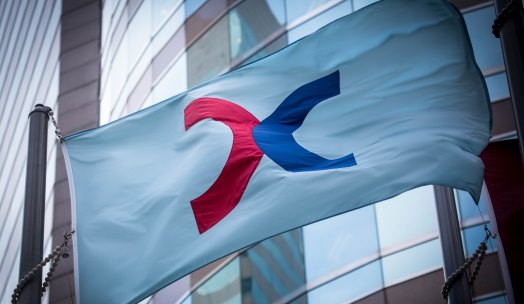Hong Kong’s stock exchange is proposing to allow eligible corporate entities to hold weighted voting rights in listed companies, subject to appropriate safeguards.
HKEX (Hong Kong Exchanges and Clearing Limited) subsidiary SEHK (Stock Exchange of Hong Kong) has launched a consultation paper seeking feedback on a proposal to allow corporate entities to benefit from WVR (weighted voting rights) structures, also known as dual-class shares.
The consultation builds on April 2018 reforms to Hong Kong’s listing regime, which allowed companies with WVR structures to list in the city, where individuals who are founders or key management can hold more voting weight on their shares than ordinary shareholders.
The listing rule changes paved the way for Xiaomi, Meituan Dianping and Alibaba to list in Hong Kong. But mainland issuers with corporate WVR beneficiaries such as Youdao, Tencent Music Entertainment and Huya instead sought US listings.
“If the [SEHK]’s WVR regime does not accommodate corporate WVR beneficiaries, it is anticipated that companies for whom this is an issue may continue to choose the US over Hong Kong for their IPOs,” the paper says.
As of November 2019, 42 of China’s 50 largest unicorn companies have non-fund corporate shareholders that are well-established listed companies. The 42 unicorns combine for a market cap of about USD 540 billion.
Under the proposed corporate WVR regime, companies that grant special voting rights to corporate beneficiaries will also be able to list in Hong Kong, provided they are able to meet certain suitability and eligibility requirements.
To be eligible, a corporate WVR beneficiary must either be an innovative company itself or have business experience in one or more emerging and innovative sectors, as well as a track record of investments in, and contributions to, innovative companies.
The consultation paper additionally says the corporate WVR beneficiary must be able to demonstrate that it owns and operates an “ecosystem”, the core components of which (e.g. technology, products, data) directly benefit the listing applicant.
A mere financial investment (e.g. private equity or venture capital) or ordinary non-financial contribution (e.g. know-how or strategic advice) will not constitute sufficient basis for a corporate shareholder to be entitled to WVR, the paper says.
Prior to listing, the corporate WVR beneficiary must have held at least 10 percent ownership – in addition to material management or business involvement – in the listing applicant for at least two financial years.
At listing and thereafter, the corporate WVR beneficiary (or its parent) must have a primary listing on a qualifying exchange, a market cap of at least HKD 200 billion (USD 25.8 billion), and at least 30 percent ownership in the listing applicant.
Under the proposal, corporate WVR beneficiaries’ shares can carry no more than five times the voting power of ordinary shares – rights which they may retain for a maximum of 10 years (i.e. ‘sunset clause’).
By comparison, individual WVR beneficiaries can carry up to ten times the voting power of ordinary shares – which is not subject to any time-defined sunset clause.
The consultation paper, available here, is open for comment until 1 May 2020.



